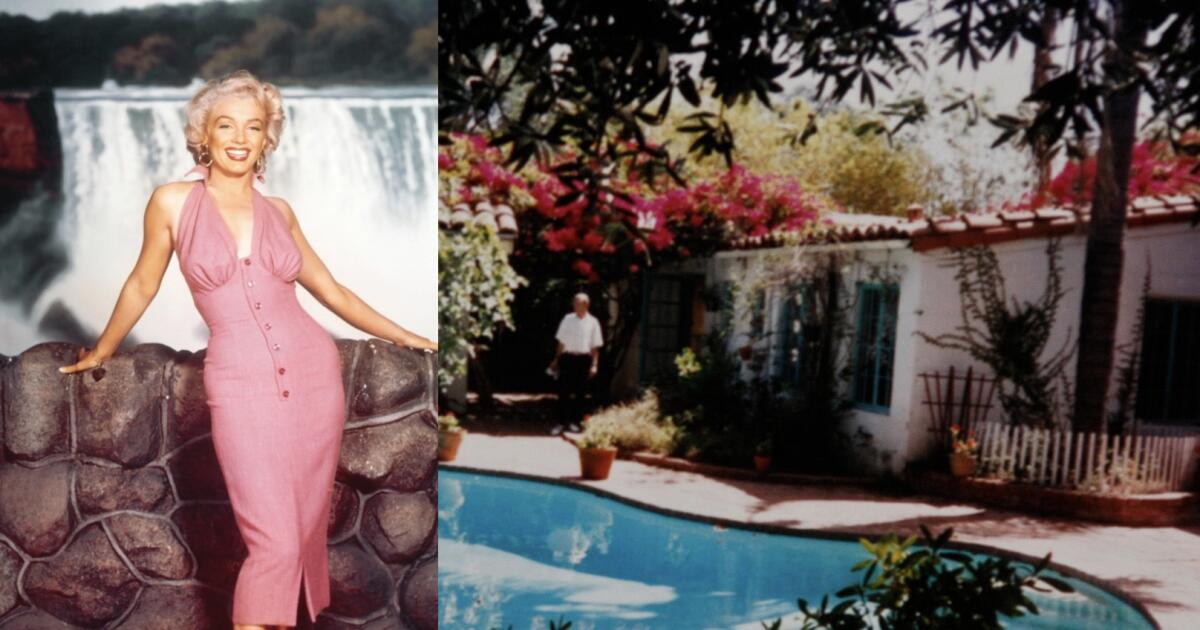For more than a decade, Fred Glick has been on a mission to shake up how Americans buy and sell homes.
As founder of Arrivva — a California-based real estate and mortgage brokerage — Glick said his company’s fixed-fee model offers a transparent alternative to the traditional commission system.
“People think because we’re not charging [a percentage], that we’re discounters, and we are absolutely not discounters,” he told HousingWire. “I think everybody else is overcharging people.”
Savings for homebuyers
Founded in 2015, Arrivva offers a flat $9,750 fee for buyers and $15,750 for sellers — regardless of the home price.
That contrasts sharply with traditional commission structures, which typically collect around a percentage per side of a transaction. On a $1 million home, that can mean $25,000 in agent fees.
“The idea is that I do the same work for a $200,000 loan or a $9 million loan,” Glick said. “I’m not the partner of the buyer or the seller — I didn’t invest in the property. I’ve got nothing into it. So I came up with a process where I can charge a fixed fee because it makes sense.”
Arrivva operates in California, Washington, and Texas, with plans to re-enter Pennsylvania. The company also runs a mortgage brokerage.
“We have a flat fee over and above wholesale of $5,750,” said Glick. “That’s basically one point on a $500,000 loan and less than half a point on a million-dollar loan.”
No hand holding
While Glick pays for marketing costs and other services, he said Arrivva’s model emphasizes technology and transparency over in-person hand-holding.
“We can’t help anyone who needs intense hand-holding and needs us to go with them to open houses,” he said. “Or, if you need to get into a private showing, I do have people on the ground in different places. If they can’t make it, we hire an agent through Showami or one of those things to go and show them. Then, if they’re in the house, and have questions, we can get on a call or a video chat.”
The company’s streamlined process helps keep costs low — and communication high, said Glick.
“Slack channels have been magnificent for us,” he said. “Even people who’ve never used it really appreciate it afterward. We keep all the channels open and keep all their documents in there, so if they ever need anything, it’s there.”
How the seller model works
On the seller side, Glick said his flat $15,750 fee includes expenses other agents may pass on to the homeowner.
“I pay for all the inspections, no matter what they are. I pay for cleaning the house. I pay for all the photography, the drones, the Matterports — all that kind of stuff,” he said.
In Northern California, he said, sellers are used to completing inspections before listing, but few agents cover the costs themselves.
“We only want to have a house that’s prepared to sell,” he said. “So when we do southern California or Washington listings, we have it all done and ready to go.”
Arrivva also challenges another long-standing cost structure in the transaction process; escrow and title fees.
“Agents down there only know to use independent escrow companies that hook up with title insurance, and they charge dollars per thousand,” Glick said. “An escrow company doesn’t do anything different from a $200,000 to a $2 million deal. So we use a northern California title company that does escrow at a much lower fee.”
Mortgage innovation and speed
Arrivva’s mortgage arm adds another layer of affordability and efficiency, Glick said.
“We’re able to get fully underwritten mortgage pre-approvals usually in two to three days. We have three different lenders that do that,” he said. “That puts a buyer in a much better position to be able to buy, especially in California’s multiple-bid situations.”
The company also partners with lenders who offer interim financing to help buyers compete with cash offers.
“We have a lender who will close in 10 days as a cash buyer, and then you refinance once it’s closed,” Glick explained. “That lender even guarantees to the seller that if the buyers don’t close, they will. So it’s even better than a cash buyer.”
Challenging norms
The fixed-fee model isn’t new — with such brokerages existing since the 1990s — but Glick thinks the industry’s entrenched commission culture has prevented widespread adoption.
According to the vast majority of industry data sources, the average U.S. home sale involves a 5% to 6% combined commission split between agents.
“Here’s the problem; their model can’t keep paying out these giant commissions,” Glick said. “They have to pay for lots of lawyers, gigantic physical offices, and everything else. It’s insane. So they have to charge all this money to stay afloat because they have no other business model.”
Despite industry resistance, Glick believes consumer awareness — and economic pressure — will continue driving change. He knows not everyone welcomes the disruption.
“I’m sure they hate me,” he said with a laugh. “But what I do is a clean, efficient, ethical job and I get deals done.”



















 English (US) ·
English (US) ·